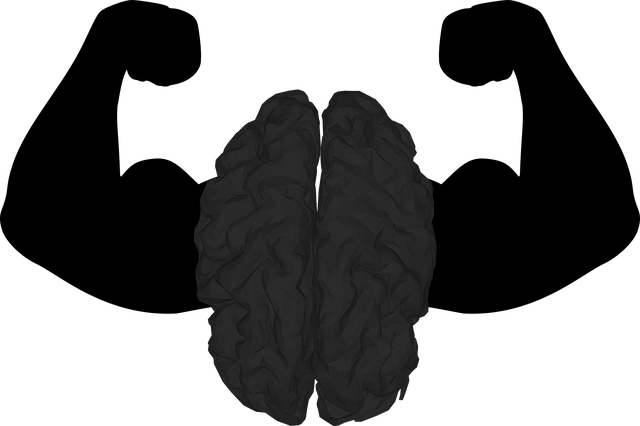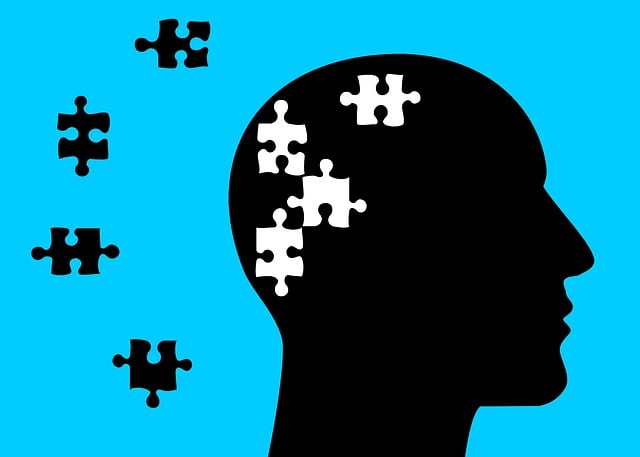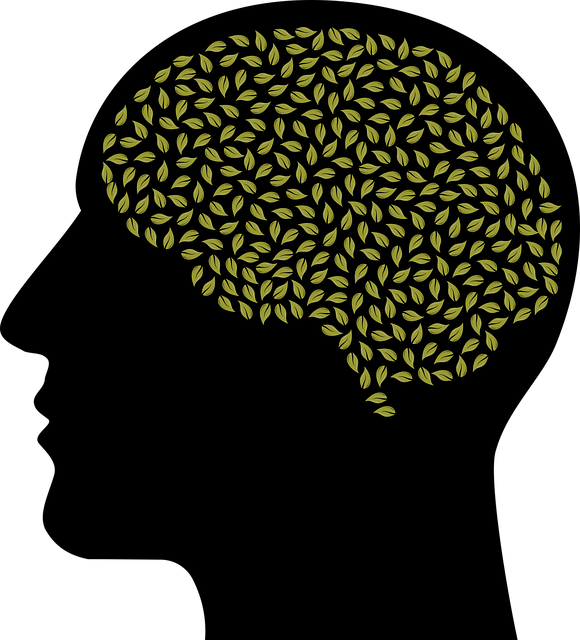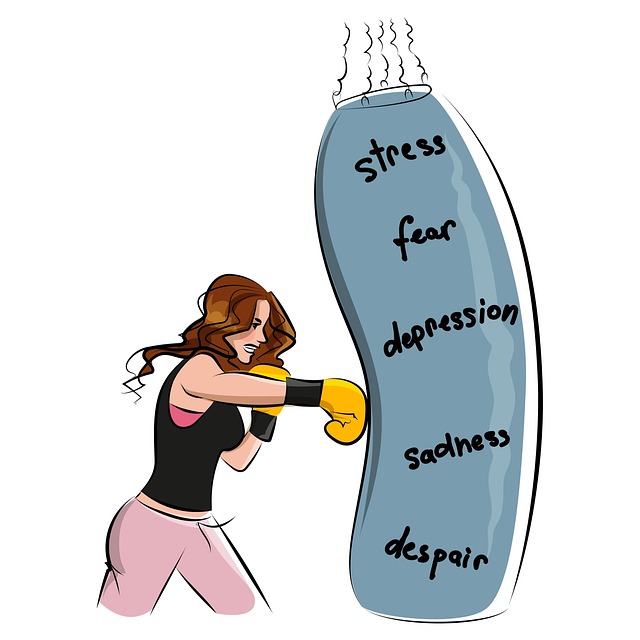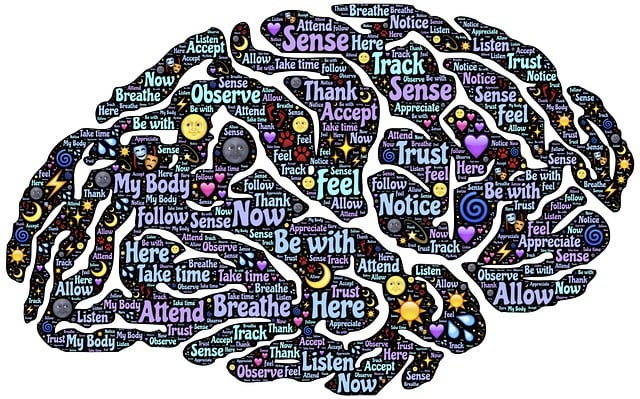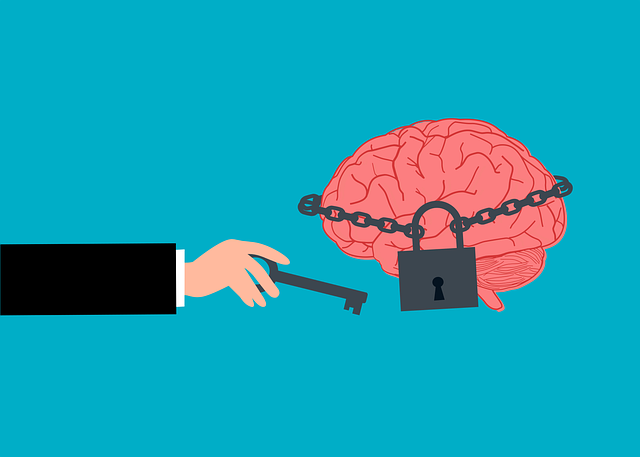Mental health apps, such as those modeled after Englewood Crisis Counseling Therapy, are powerful tools for managing conditions like anxiety, depression, and PTSD on a global scale. Effective apps offer tailored evidence-based coping strategies, real-time support, and engaging interfaces to destigmatize mental health issues, increase access to care, and promote resilience. Key features include secure user data protection, privacy guarantees, and personalized content to enhance engagement and therapeutic outcomes, ultimately improving global mental health discourse and outcomes.
In today’s fast-paced world, mental wellness app development is a game-changer. These applications play a pivotal role in promoting mental health awareness and providing accessible crisis counseling. With apps like Englewood Crisis Counseling Therapy, individuals can receive immediate support, navigate through challenging times, and foster resilience. This article explores the impact of mobile apps on mental wellness, delves into key features for effective crisis counseling, emphasizes user-centric design for better engagement, and highlights critical privacy, security, and ethical considerations in app development.
- Understanding Mental Health Issues and Their Impact
- The Role of Mobile Apps in Promoting Mental Wellness
- Features and Functionality for an Effective Crisis Counseling App (Englewood Crisis Counseling Therapy)
- Designing User-Centric Experiences for Better Engagement
- Privacy, Security, and Ethical Considerations in App Development
Understanding Mental Health Issues and Their Impact

Understanding mental health issues is a pivotal step in developing effective apps for promoting wellness. Mental Wellness app development should be informed by the diverse nature and severity of conditions such as anxiety, depression, post-traumatic stress disorder (PTSD), and others that affect millions globally. Englewood Crisis Counseling Therapy, for instance, highlights the pressing need for accessible interventions. These apps should not only provide basic information but also offer tailored support, coping strategies, and resources for individuals seeking Trauma Support Services or those in need of Emotional Healing Processes.
Beyond individual user needs, it’s crucial to consider broader social factors influencing mental health, including Mental Health Policy Analysis and Advocacy. Effective app development can contribute to destigmatization, increase access to care, and promote resilience. By integrating evidence-based practices and leveraging technology, developers have an opportunity to make a significant impact on global mental health discourse and outcomes.
The Role of Mobile Apps in Promoting Mental Wellness

Mobile apps have become powerful tools in the realm of mental wellness, offering accessible and convenient support to individuals seeking improved psychological well-being. These digital solutions provide a discrete and often affordable alternative to traditional therapy, breaking down barriers and making professional assistance more attainable. Apps like Englewood Crisis Counseling Therapy cater to diverse needs, from stress management and mindfulness exercises to crisis intervention and suicide prevention.
By integrating evidence-based practices into engaging interfaces, mental wellness apps empower users with coping strategies and self-care techniques. Moreover, they facilitate ongoing monitoring and progress tracking, enabling individuals to take charge of their mental health journeys. In the context of Depression Prevention, for instance, these apps can provide early interventions and support networks, while Healthcare Provider Cultural Competency Training ensures that app developers consider diverse cultural perspectives to offer inclusive and effective solutions.
Features and Functionality for an Effective Crisis Counseling App (Englewood Crisis Counseling Therapy)

An effective crisis counseling app, modeled after Englewood Crisis Counseling Therapy, should incorporate several key features and functionalities to provide comprehensive support. Real-time chat capabilities allow users to instantly connect with trained professionals, offering immediate assistance during distressing situations. This feature is crucial for those seeking swift Anxiety Relief, especially when access to traditional therapy might be limited. The app can also serve as a digital journal, encouraging users to track their moods and thoughts, which facilitates self-awareness and aids in identifying triggers.
Additionally, it should include resources and educational content tailored to various mental health concerns. For instance, modules on Risk Management Planning for Mental Health Professionals can equip users with strategies to handle high-risk situations. Moreover, incorporating interactive tools promoting Self-Care Practices will empower individuals to actively manage their well-being between sessions, fostering a sense of agency in their mental wellness journey.
Designing User-Centric Experiences for Better Engagement

In developing mental wellness apps, user-centric design is paramount to fostering better engagement and enhancing therapeutic outcomes. Apps should be tailored to meet the unique needs and preferences of individuals seeking Englewood Crisis Counseling Therapy or Trauma Support Services. By prioritizing user experience (UX), app developers can create intuitive interfaces that encourage consistent use. Incorporating personalized features, such as customizable dashboards and adaptive content delivery, allows users to actively participate in their mental wellness journey.
Effective engagement strategies go beyond mere functionality; they involve creating emotional connections and fostering a sense of community. Integrating interactive elements, like Mental Wellness Podcast Series Production, can provide diverse resources for stress management and normalize conversations around mental health. Through user feedback loops and progress tracking, apps can adapt to individual users, ensuring that the digital therapy experience is both effective and appealing.
Privacy, Security, and Ethical Considerations in App Development

As you develop a mental wellness app, such as those offering Englewood Crisis Counseling Therapy services, privacy, security, and ethical considerations cannot be overlooked. Users share intimate details about their emotional healing processes and stress management needs, expecting their information to remain confidential. Therefore, robust data protection measures must be implemented to safeguard personal health records from unauthorized access or breaches. Encryption technologies, secure storage systems, and role-based access controls are essential components of a safe digital environment.
Beyond security, ethical considerations demand transparency in how user data is collected, stored, and used. App developers must clearly communicate privacy policies, obtain informed consent, and ensure users have control over their data. This includes providing options for data anonymization, allowing users to access and delete their information, and adhering to regulations like HIPAA (Health Insurance Portability and Accountability Act) or other relevant laws governing mental wellness services. Prioritizing these aspects fosters trust, enhances user experience, and ultimately promotes effective stress management and mental wellness.
Mental wellness app development, as highlighted by the principles of Englewood Crisis Counseling Therapy, offers a promising avenue to address growing mental health challenges. By integrating user-centric designs and prioritizing privacy, security, and ethical considerations, mobile apps can play a pivotal role in promoting mental wellness and providing accessible crisis counseling support. As we move forward, developers have an opportunity to create innovative solutions that not only cater to individual needs but also contribute to a more resilient and supportive digital landscape for mental health care.


